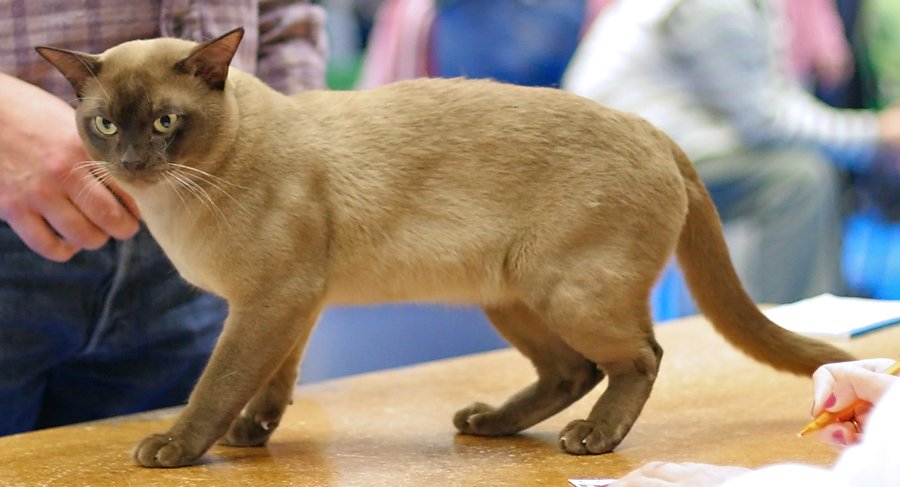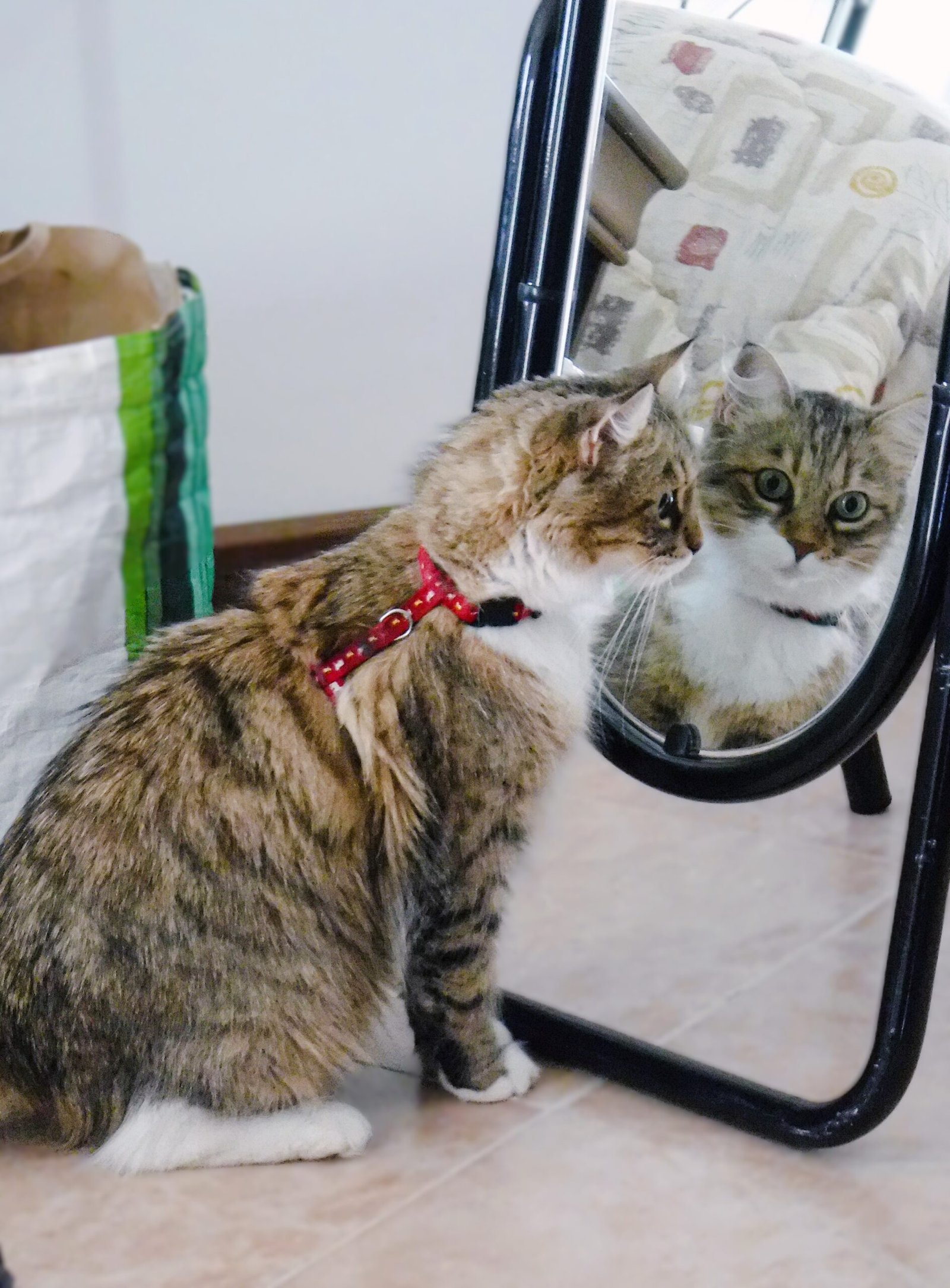Have you ever noticed your feline friend acting a little off after a big shift in your life? It’s not just your imagination. Cats, known for their independent nature, can be surprisingly sensitive to changes in their environment. Whether it’s a move, a new family member, or even a change in your daily routine, these events can take a toll on your cat’s emotional well-being. Understanding and recognizing this emotional toll is crucial for maintaining your cat’s happiness and health. But how can you tell if your beloved pet is feeling the strain of a major life change?
Understanding Your Cat’s Sensitivity

Cats are creatures of habit, thriving in stable environments where they can predict daily events. Unlike humans, who might find excitement in change, cats often view it as a threat. This is because their survival instincts kick in when their familiar surroundings or routines are disrupted. If you’ve ever noticed your cat hiding or acting skittish when you bring in a new piece of furniture, you’ve seen this sensitivity in action. It’s essential for cat owners to recognize that even minor changes can be significant for their feline companions.
Identifying Behavioral Changes

One of the first signs that a major life change is affecting your cat is a shift in behavior. Some cats may become more withdrawn, spending more time hiding or avoiding interaction. Others might become clingy, following you around the house more than usual. You might also notice changes in their sleeping patterns or a sudden loss of interest in playtime. These behaviors are your cat’s way of expressing discomfort or stress, and they should not be ignored.
Changes in Eating Habits
A noticeable change in your cat’s appetite can be a strong indicator of stress. Some cats might eat less or refuse food altogether, while others may overeat as a comfort mechanism. If you notice your cat’s eating habits have changed following a major life event, it’s important to monitor this closely. Prolonged changes in diet can lead to health issues, so consulting with a vet might be necessary to ensure your cat remains healthy.
Increased Vocalization
Cats communicate through a variety of sounds, and an increase in meowing or other vocalizations can be a sign of stress. If your cat suddenly starts meowing more frequently or loudly, it might be trying to tell you something is wrong. This can be especially true if the vocalizations occur at unusual times, such as during the night. Paying attention to these sounds and the situations in which they occur can provide clues about what might be bothering your cat.
Unexpected Litter Box Issues
If your cat starts having accidents outside the litter box, it could be a response to stress. Cats are very clean animals, and inappropriate elimination is often a sign that something is amiss. This behavior can be triggered by a change in the household, such as a new pet, a move, or even new people. It’s important to address these issues promptly, as they can become ingrained habits if not managed quickly.
Heightened Aggression or Fear
Stress can manifest as aggression or fear in cats, leading to sudden hissing, biting, or swiping. If your normally gentle cat becomes aggressive, it might be feeling threatened by recent changes. Fearful behavior, such as hiding or cowering, can also indicate that your cat is having trouble adjusting. Understanding the root cause of these behaviors is key to helping your cat feel more secure and comfortable.
Unusual Grooming Habits
Cats are meticulous groomers, and changes in grooming behavior can signal stress. Some cats might groom excessively, leading to bald spots or skin irritation. Conversely, a stressed cat might neglect grooming altogether, resulting in an unkempt appearance. Monitoring your cat’s grooming habits can provide insight into their emotional state and help you determine if they’re feeling the effects of a major life change.
Helping Your Cat Cope
Once you’ve identified that your cat is stressed, there are several steps you can take to help them adjust. Providing a quiet space where they can retreat and feel safe is crucial. Maintaining a consistent routine with feeding and playtime can also provide comfort. Additionally, using pheromone diffusers or sprays can help create a calming environment. Remember, patience and understanding go a long way in helping your cat adapt to new circumstances.
In conclusion, recognizing the emotional toll of a major life change on your cat is essential for their well-being. By understanding their sensitivity and observing changes in behavior, you can take the necessary steps to support your feline friend during challenging times. Your cat may not be able to express their feelings in words, but by paying attention to their actions, you can ensure they remain happy and healthy. What other signs have you noticed in your cat during times of change?

Growing up traveling and experiencing new cultures and wonders, I have had a passion for nature, adventuring, photography, and videography. I am currently working towards a BSc in Biodiversity and Ecology at Stellenbosch University, and I hope to specialise in Marine Sciences one day.
Please send any feedback to Feedback@animalsaroundtheglobe.com






